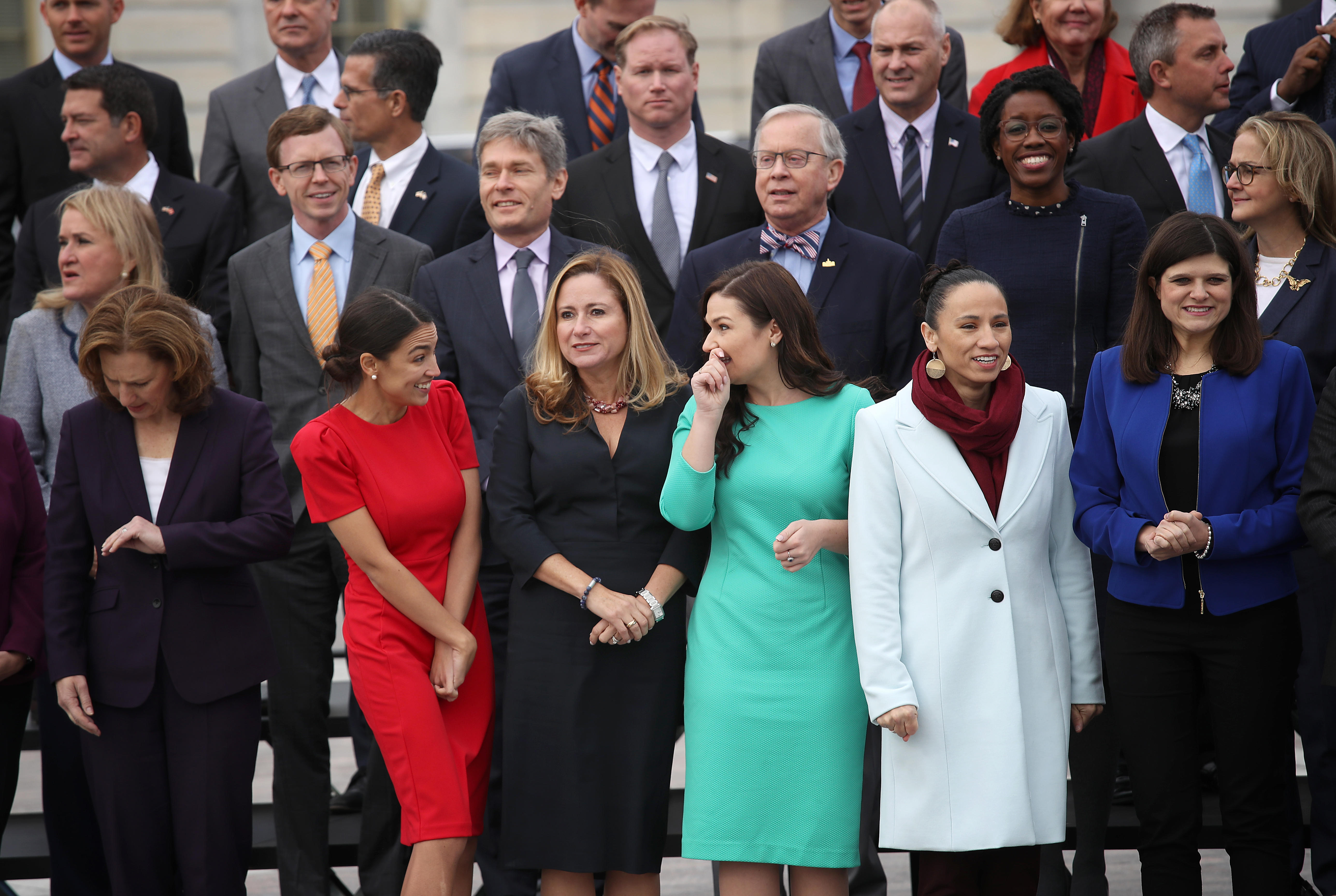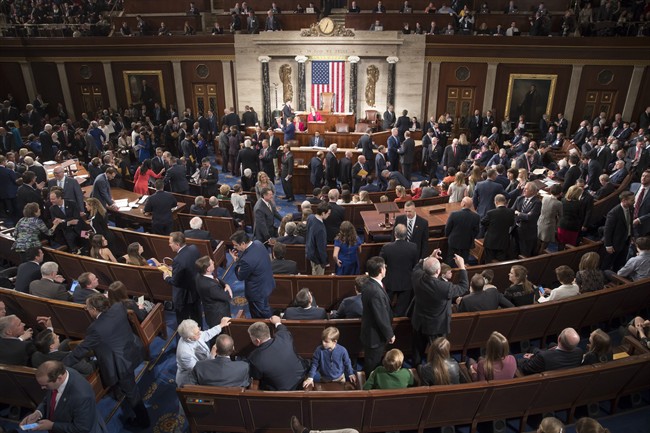Table Of Content

As there is no legislation at the federal level mandating one particular system for elections to the House, systems are set at the state level. As of 2022, first-past-the-post or plurality voting is adopted in 46 states, ranked-choice or instant-runoff voting in two states (Alaska and Maine), and two-round system in two states (Georgia and Mississippi). Also referred to as a congressman or congresswoman, each representative is elected to a two-year term serving the people of a specific congressional district. The number of voting representatives in the House is fixed by law at no more than 435, proportionally representing the population of the 50 states. Currently, there are five delegates representing the District of Columbia, the Virgin Islands, Guam, American Samoa, and the Commonwealth of the Northern Mariana Islands. The Constitution does not spell out the political role of the speaker.
The Legislative Branch
The states of Washington and California use a similar (though not identical) system to that used by Louisiana. The rules of the House generally address a two-party system, with a majority party in government, and a minority party in opposition. The presiding officer is the Speaker of the House, who is elected by the members thereof. Other floor leaders are chosen by the Democratic Caucus or the Republican Conference, depending on whichever party has more voting members.
Partisan mix of the House by state
Two Super Pacs – the American Leadership Pac and the Protect Freedom Pac – have spent more than $790,000 combined to promote Hostettler’s candidacy. The UDP ad against Hostettler also differs from those against progressive candidates such as Min, as it focuses on Hostettler’s approach to Israel. In Democratic primaries, UDP ads have largely highlighted progressive candidates’ personal weaknesses, such as Min’s drunk-driving arrest last year. The Vice President of the United States serves as President of the Senate and may cast the decisive vote in the event of a tie in the Senate. HISTORY.com works with a wide range of writers and editors to create accurate and informative content. All articles are regularly reviewed and updated by the HISTORY.com team.
North Carolina
The war culminated in the South's defeat and in the abolition of slavery. All southern senators except Andrew Johnson resigned their seats at the beginning of the war, and therefore the Senate did not hold the balance of power between North and South during the war. State and tribal wildlife agencies have a proven record of successfully managing gray wolves.
Hearing Hearings U.S. Senate Committee On The Budget - Senate Budget Committee
Hearing Hearings U.S. Senate Committee On The Budget.
Posted: Thu, 02 May 2024 05:13:21 GMT [source]
Member officials
For that situation the House minority leader can play the role of a de facto "leader of the opposition", often more so than the Senate minority leader, due to the more partisan nature of the House and the greater role of leadership. Speakers serve as chairs of their party's steering committee, which is responsible for assigning party members to other House committees. The speaker chooses the chairs of standing committees, appoints most of the members of the Rules Committee, appoints all members of conference committees, and determines which committees consider bills. On the floor of the House, the presiding officer is always addressed as "Mister Speaker" or "Madam Speaker", even if that person is serving as speaker pro tempore. When the House resolves itself into a Committee of the Whole, the speaker designates a member to preside over the committee, who is addressed as "Mister Chairman" or "Madam Chairwoman". The presiding officer also rules on all points of order but such rulings may be appealed to the whole House.

The Constitution vests certain exclusive powers in the House of Representatives, including the right to initiate impeachment proceedings and to originate revenue bills. The organization and character of the House of Representatives have evolved under the influence of political parties, which provide a means of controlling proceedings and mobilizing the necessary majorities. Party leaders, such as the speaker of the House and the majority and minority leaders, play a central role in the operations of the institution. At other times, more junior members may be assigned to preside to give them experience with the rules and procedures of the House. The speaker may also designate, with approval of the House, a speaker pro tempore for special purposes, such as designating a representative whose district is near Washington, D.C.
Legislative Information
Thus, with its potential to frustrate presidential appointments, the Senate is more powerful than the House. If they do, the bill does not become law unless each House, by a two-thirds vote, votes to override the veto. However, the Constitution states, "All Bills for raising Revenue shall originate in the House of Representatives." Because of the Origination Clause, the Senate cannot initiate bills imposing taxes. This provision barring the Senate from introducing revenue bills is based on the practice of the British Parliament, in which only the House of Commons may originate such measures.
Power is nowhere concentrated; it is rather deliberately and of set policy scattered amongst many small chiefs. It is divided up, as it were, into forty-seven seigniories, in each of which a Standing Committee is the court-baron and its chairman lord-proprietor. These petty barons, some of them not a little powerful, but none of them within the reach of the full powers of rule, may at will exercise almost despotic sway within their own shires, and may sometimes threaten to convulse even the realm itself. The largest committee of the House is the Committee of the Whole, which, as its name suggests, consists of all members of the House. The Committee meets in the House chamber; it may consider and amend bills, but may not grant them final passage. Generally, the debate procedures of the Committee of the Whole are more flexible than those of the House itself.
Democratic Leadership
The powers of the presiding officer are extensive; one important power is that of controlling the order in which members of the House speak. No member may make a speech or a motion unless they have first been recognized by the presiding officer. Moreover, the presiding officer may rule on a "point of order" (a member's objection that a rule has been breached); the decision is subject to appeal to the whole House. Provides one hour of general debate equally divided among and controlled by the chair and ranking minority member of the Committee on the Judiciary or their respective designees and the chair and ranking minority member of the Permanent Select Committee on Intelligence or their respective designees. Provides one hour of general debate equally divided and controlled by the chair and ranking minority member of the Committee on Foreign Affairs or their respective designees.
No further punishment is permitted during the impeachment proceedings; however, the party may face criminal penalties in a normal court of law. The CAO also assumed some of the responsibilities of the House Information Services, which previously had been controlled directly by the Committee on House Administration, then headed by Representative Charlie Rose of North Carolina, along with the House "Folding Room". The party with a majority of seats in the House is known as the majority party. The speaker, committee chairs, and some other officials are generally from the majority party; they have counterparts (for instance, the "ranking members" of committees) in the minority party. Makes in order only those amendments printed in the Rules Committee report. Still, 37 “no” votes, while a break from Washington’s ironclad support for the Jewish state, fell short of the opposition bloc progressives had hoped to muster.
Representatives and delegates serve for two-year terms, while a resident commissioner (a kind of delegate) serves for four years. The U.S. Constitution requires that vacancies in the House be filled with a special election. The term of the replacement member expires on the date that the original member's would have expired. One example of a provision repeatedly supported by the House but blocked by the Senate was the Wilmot Proviso, which sought to ban slavery in the land gained during the Mexican–American War. Conflict over slavery and other issues persisted until the Civil War (1861–1865), which began soon after several southern states attempted to secede from the Union.
Conservative Republicans aim to remove US House Speaker Mike Johnson - Voice of America - VOA News
Conservative Republicans aim to remove US House Speaker Mike Johnson.
Posted: Wed, 01 May 2024 17:18:56 GMT [source]
Article I of the Constitution enumerates the powers of Congress and the specific areas in which it may legislate. Congress is also empowered to enact laws deemed “necessary and proper” for the execution of the powers given to any part of the government under the Constitution. In order to pass legislation and send it to the President for his or her signature, both the House and the Senate must pass the same bill by majority vote.
But it’s important to note that this was not the first format established by the framers for the federal government. This page lists the currently serving representatives in the House of Representatives and the senators in the U.S. House were held on November 3, 2020, and coincide with the 2020 presidential election.
The committees also play an important role in the control exercised by Congress over governmental agencies. Cabinet officers and other officials are frequently summoned before the committees to explain policy. The Constitution (Article I, section 6) prohibits members of Congress from holding offices in the executive branch of government—a chief distinction between parliamentary and congressional forms of government. Most committee work is performed by twenty standing committees, each of which has jurisdiction over a specific set of issues, such as Agriculture or Foreign Affairs. Each standing committee considers, amends, and reports bills that fall under its jurisdiction.






















